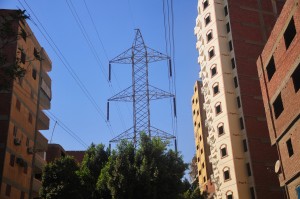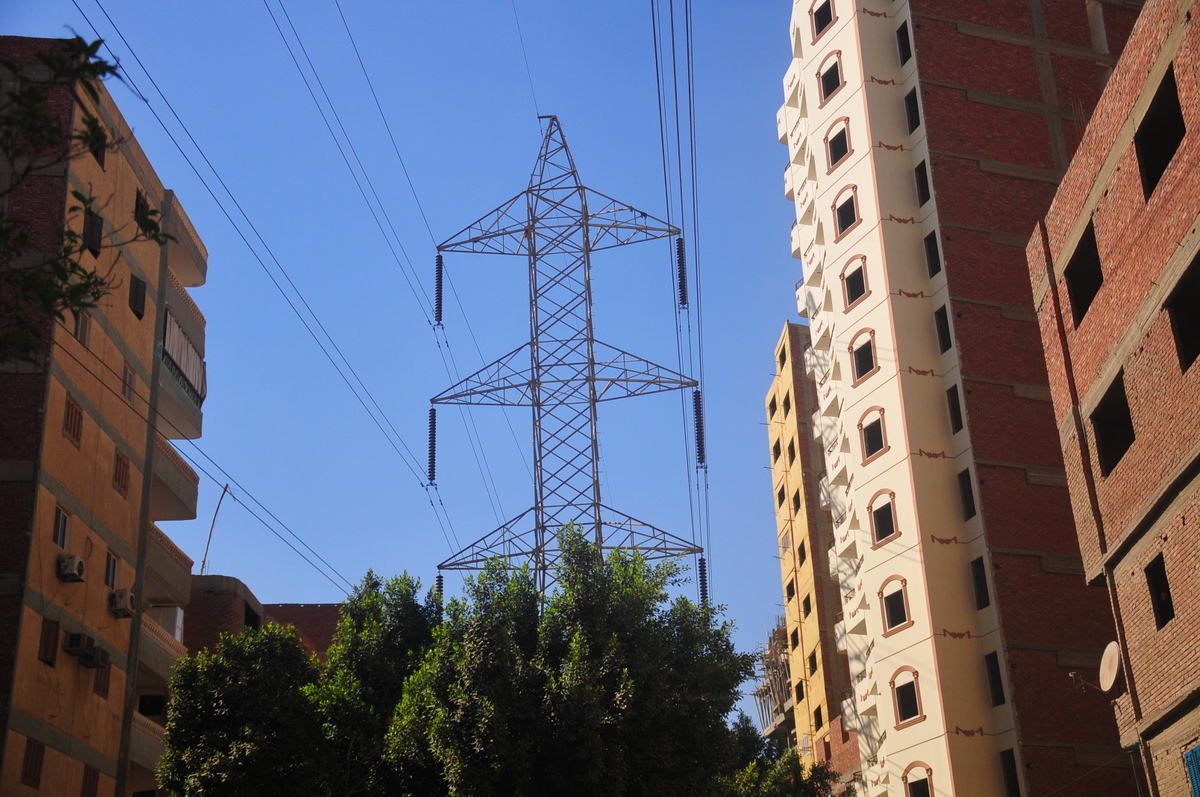
Photo by: Hassan Ibrahim)
Energy subsidy reforms will be effective starting from July, marking the beginning of 2014/2015 fiscal year (FY), interim Prime Minister Ibrahim Mehleb said, while stressing the changes would not affect low-income citizens.
Mehleb noted, in a statement to Al-Ahram, that electricity and butane gas cylinder prices will not be increased for “middle and low [income] segments of society,” adding that the government had yet to decide whether it would increase fuel and diesel prices, the state-owned newspaper reported on Sunday.
The announcement aligns with an early April statement by Minister of Finance Hany Kadry Dimian, who said the interim government would be able implement reforms on energy and tax systems before the elections, scheduled to take place in May.
Two weeks after taking office in February, Mehleb pointed out that the government would not suspend its commodities and services subsidies; instead it is working on “redistributing and offering it to those who deserve help”.
Meanwhile, in March, Dimian described the energy subsidies system as “high and unreasonable”, adding that it would not continue “in the current form”. He stated that a total amount of EGP 1tn had been spent on the energy subsidies system since adopting it, but “living conditions haven’t been improved.”
Dimian explained that restructuring the system would be carried out through reducing the quantities distributed to beneficiaries, noting that the reduction rate would be determined according to the usage rate.
According to statements from Minister of Planning Ashraf El-Araby, 80% of energy subsidies reach the rich.
Egypt’s spending on energy subsidies, which currently comprise EGP 128bn of the state’s budget, will increase between 10% and 12%, Dimian noted.
The former cabinet headed by Hazem El-Beblawi promised in November that it would begin reducing fuel subsidies before it leaves office; however, it said that the reduction will not be implemented in a “shocking way”, but instead gradually, with a plan being prepared in coordination with the Ministry of Petroleum.




